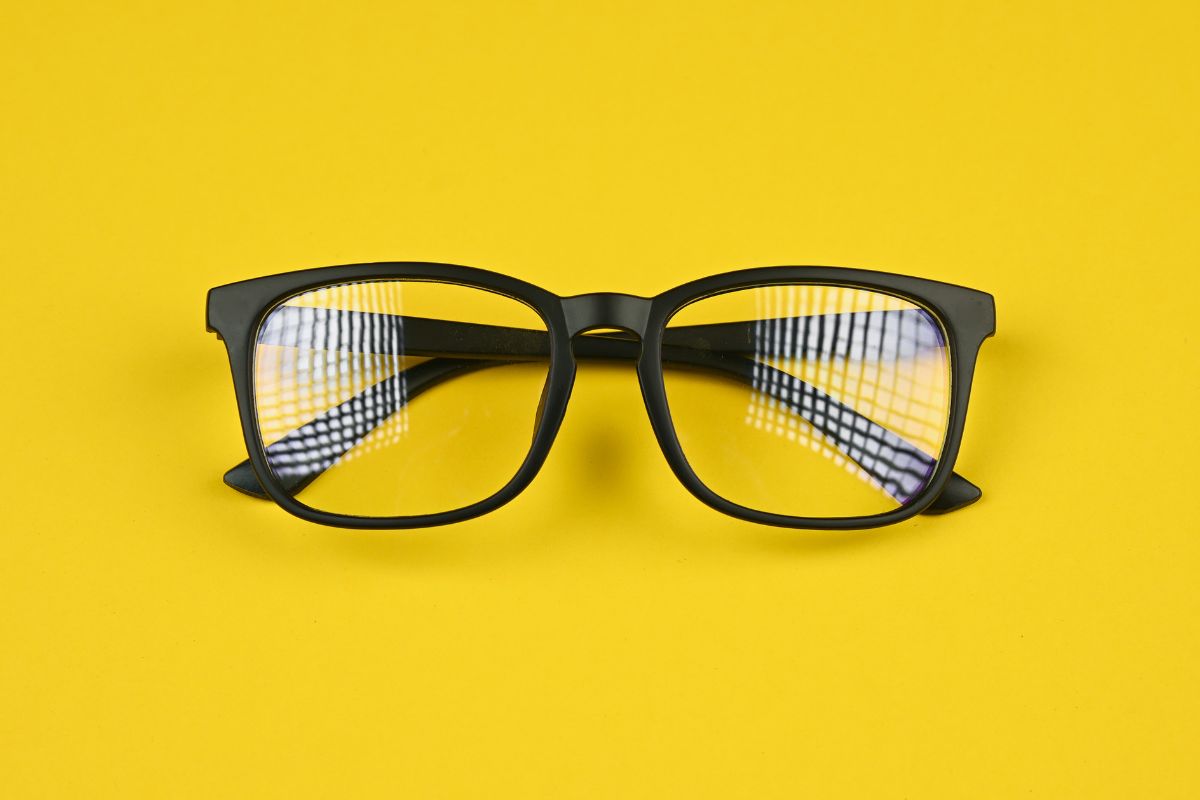As the world grows more aware of the environmental challenges we face, people and businesses alike are attempting to adopt more sustainable practices. One such area where interest has grown is the replacement of eyeglass lenses. Although the sustainability of eyeglass lens replacement is also very important, fashion and usability are typically given priority when it comes to eyeglasses. We’ll look at how choosing sustainable eyeglass lens replacement may benefit the environment as we examine the environmentally friendly aspects of eye care today.
The Environmental Impact of Traditional Eyeglass Lens Replacement
Prior to pursuing environmentally friendly lens replacement services, it’s essential to understand the implications of standard options for lens replacement. Glass, polycarbonate, or plastic are typically used to make standard lenses. These materials are made via energy-consuming processes and the overuse of finite resources, which raises carbon emissions and is bad for the environment.
Furthermore, it is difficult to dispose of used lenses. Plastic lenses that are not biodegradable can take decades to decompose in landfills and release toxic gases as they do so. In addition to affecting the air and land quality, when these toxins reach aquatic environments, they harm marine life.
The Eco-Friendly Solution: Sustainable Materials
More environmentally friendly methods of producing eyeglass lenses have been possible in recent years because of developments in technology and materials. Utilizing environmentally friendly materials like bio-based polymers, recycled plastics, and plastics derived from plants is one such solution.
In comparison to their petroleum-based equivalents, plant-based polymers made from renewable resources like maize or castor oil have a substantially reduced carbon footprint. These materials can be utilized to create lenses with equivalent optical qualities, improving eyesight while having a smaller negative impact on the environment.
Recycled plastics are yet another green choice. Manufacturers of eyeglass lenses may prevent plastic from ending up in landfills and lessen the need for virgin plastic by recycling and reusing plastic waste. In addition, recycling conserves resources, which lowers the energy needed to produce new materials.
Traditional plastics can be replaced with bio-based polymers, which are manufactured from organic ingredients like cornflour or sugarcane and are biodegradable and compostable. When discarded appropriately, lenses composed of bio-based polymers spontaneously decompose with little environmental damage.
Innovations in Lens Coatings
Lens coatings are an essential component of eyeglasses, improving clarity, lowering glare, and providing UV protection. Chemicals that are bad for the environment and human health are frequently found in conventional lens coatings. However, environmentally friendly lens coatings are now readily accessible and provide a safer and greener option.
Utilizing coatings that are solvent- and water-free is one such breakthrough. These coatings reduce emissions of organic volatile substances, which result in air pollution and health problems, and they do so without the use of toxic substances. In addition, water-based coatings need less energy for manufacturing and are simpler to apply and maintain.
Anti-reflective coatings that imitate the characteristics of lotus leaves are another development. These coatings, which were inspired by nature, deter water and grime, keeping lenses clean for longer. By doing this, you’ll need to clean less frequently and use fewer cleaning products, which is better for the environment.
Durability and Longevity
Choosing tough and long-lasting lenses is one of the most efficient methods to embrace sustainability in the replacement of eyeglass lenses. Purchasing lenses of superior quality that are resistant to scuffs, impacts, and wear will greatly increase their longevity. Over time, this translates into fewer replacements and less waste, lowering the environmental effect overall.
The development of lenses with increased endurance is a growing emphasis for lens producers. Longer-lasting lenses that can survive the rigors of daily life are made of materials that are impact-resistant, have scratch-resistant coatings, and have strengthened designs. Individuals may reduce their impact on the cycle of consumption and waste by making durable lens choices.
Recycling and Upcycling Programs
Numerous eyewear retailers and manufacturers are putting recycling and upcycling programs into place to help the cause of sustainability. These programs encourage customers to recycle or repurpose their used eyeglass frames and lenses to make new items.
Recycling initiatives lessen the environmental load by keeping eyewear trash out of landfills. On the other hand, upcycling reuses materials that would have been thrown away by turning outdated frames and lenses into one-of-a-kind accessories or even brand-new eyeglasses.
Eco-friendly eyecare is not simply hot right now; it’s a crucial step in the direction of a more sustainable future. The sustainability of replacing eyeglass lenses has several advantages, from lowering carbon emissions and preserving resources to cutting down on pollution and waste. People may have a good influence on the environment while still wearing fashionable eyewear and clear eyesight by choosing eco-friendly materials, cutting-edge coatings, robust designs, and recycling programs. Making eco-conscious decisions in eyecare may help ensure a greener and healthier world for future generations as we continue to place a high priority on sustainability in all facets of our lives.












